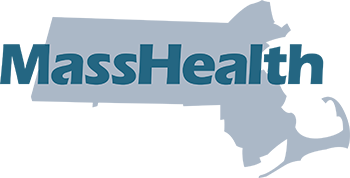Who can shop as a business, and who needs to shop as an individual or family through the Health Connector?
The rules around shopping as a small business through the Health Connector have changed. If you are the owner of a business that has no eligible employees other than your tax dependents, you will need to shop as an individual or family, instead of as a small business. However, most of the health plans available to small businesses are the same as the health plans offered to individuals through the Health Connector. And, you may be able to qualify for help paying for your coverage through programs that are available only for individuals and families.






